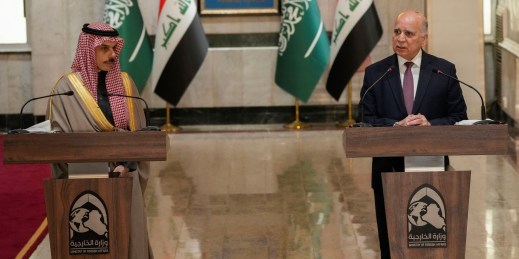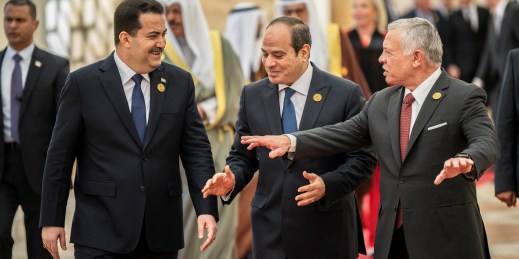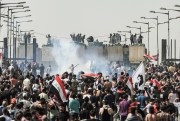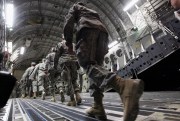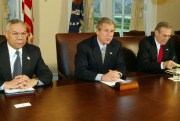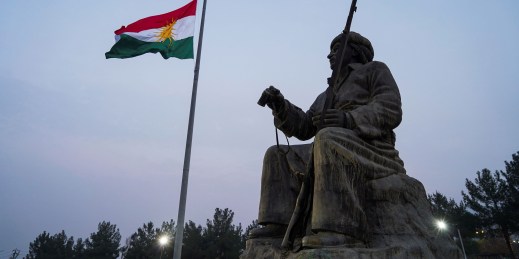
Last month, the Iraqi army clashed with Kurdish peshmerga forces, leading to multiple casualties on each side. But while ethno-sectarian violence in Iraq was historically aimed at toppling the government, this recent violence should be seen as a way to negotiate power within the political system. And it shows that the equilibrium between Baghdad and Erbil is shifting.

